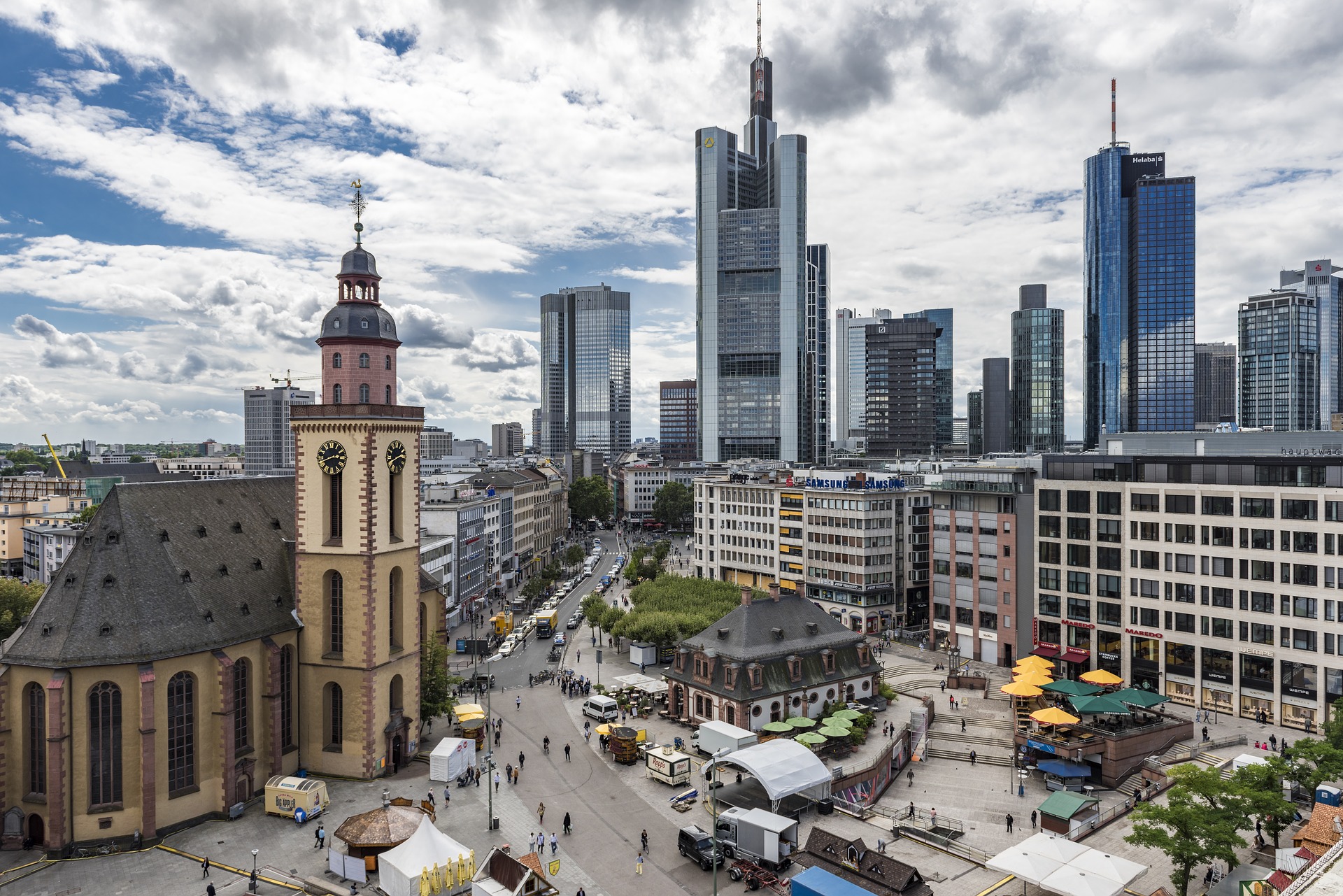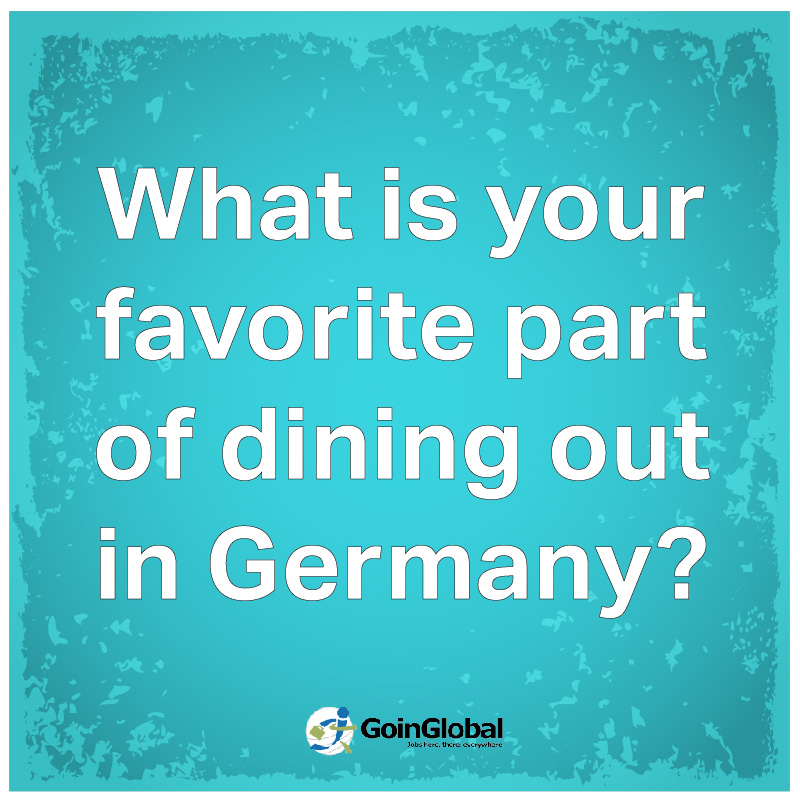
Visiting a foreign country, say, Germany, for instance, can be challenging in any number of ways. Each country is unique, with its own culture, norms, and quirks. Researching the country or countries you plan to visit ahead of your travels will certainly help you know what to expect when you get there.
One aspect of travel that you are likely to encounter is the dining-out experience. Understanding the placement and use of utensils is important. Being able to speak some common phrases in the local language for welcoming other guests or giving toasts will gain you some respect and appreciation. If dining as the invited guest of locals, knowing what your host or hostess expects when it comes to the check can help avoid a cringe-worthy faux pas. Knowing how much to tip can make you feel more confident at the end of the night. There’s a lot to know to make the dining-out experience a complete and utter success. Here are some helpful hints for dining out like a local in Germany:
- Dining etiquette is Continental, meaning the knife is held in the right hand and the fork in the left. Do not switch the fork to the right hand during the meal.
- Do not begin eating until the host says Guten Appetit (bon appétit, enjoy your meal).
- Common toasts are Zum Wohl! (when toasting with wine) and Prost! (with beer). Both phrases mean ‘health.’
- When entering a store, it is customary to say Guten Tag (‘hello’) and Vielen Dank, Auf Wiedersehen (‘thank you, goodbye’) when leaving.
- Tipping in restaurants is customary, although this is done mainly by rounding up the bill.
- The person who extends the invitation will generally pay for the meal; an attempt to ‘fight’ over the bill may be taken literally by the German, and the guest will end up paying.
- A suggestion to get something to eat together is not considered an invitation.
- Since Germans are very direct communicators, it is acceptable for guests to indicate they cannot eat certain items. This should be communicated at the earliest possible moment to avoid confusion.
- Gifts are expected for social events, especially for private dinner parties. Appropriate gifts are fine chocolates, a sweet dessert wine or an after-dinner liqueur of good quality. When staying with a family, gifts from your home country for the host are appropriate; gourmet foods (maple syrup or pralines, for example), coffee table books or anything that reflects the host’s personal tastes are always appreciated, as is a handwritten thank you card.
- Inappropriate flowers to give as gifts include chrysanthemums, heather or callas (used primarily for funerals), red roses or orchids (too romantic). The bouquet should include an odd number of flowers (an old European tradition).
- In North America, the phrase “How are you?” is meant as a greeting and does not require a reply. In Germany, this question (Wie geht es Ihnen?) is taken seriously. To pose the question without awaiting a reply is considered impolite and superficial. However, in recent years this phrase has taken on a more American meaning, not to everyone’s appreciation.
- Between lunch and dinner, Germans often enjoy an afternoon break of coffee or tea with cake, known as Kaffee und Kuchen, Kaffeetrinken or Kaffeeklatsch.
- When ordering a beer, it is best to specify Dunkles (dark) or Helles (light), ein Grosses or ein Kleines (large or small), vom Fass (draft) or Flasche (bottled).

Looking for a new career opportunity in Germany? See our blog Job Opportunities in Germany.
Follow @goinglobal
Tweet to @goinglobal
Information on employment outlook for more countries can be found by logging into your GoinGlobal account!
Don’t have an account? Sign up for a free online demo to learn how you can utilize GoinGlobal’s employment resources.



